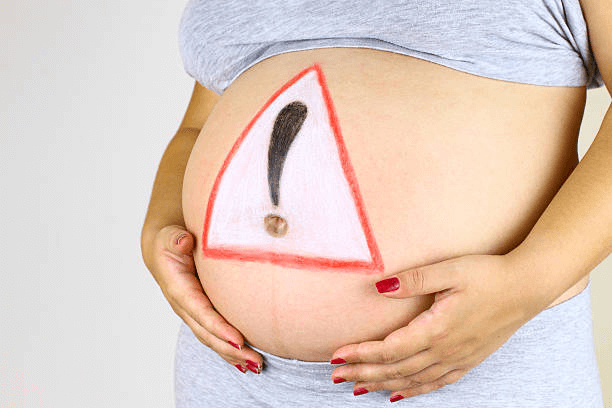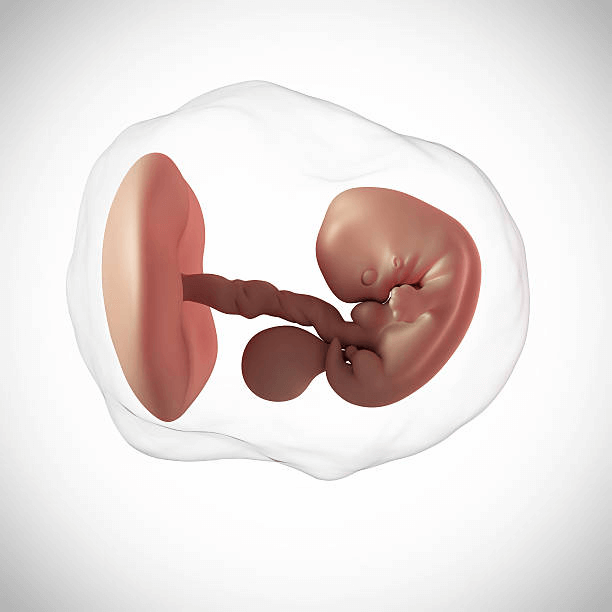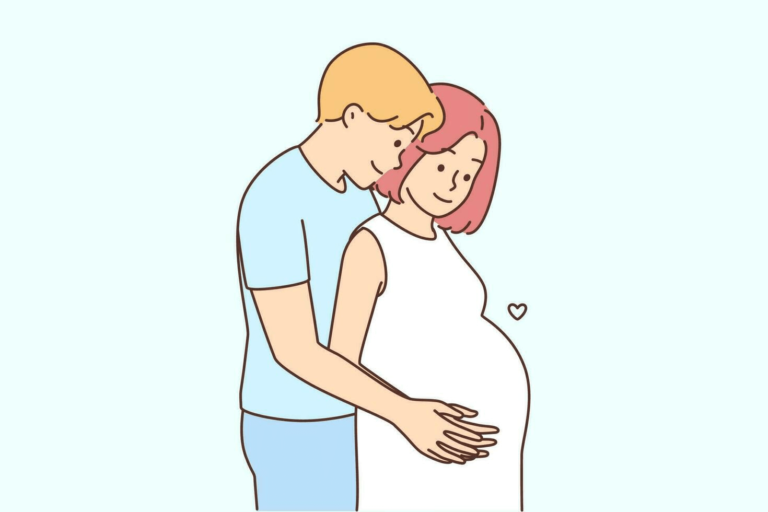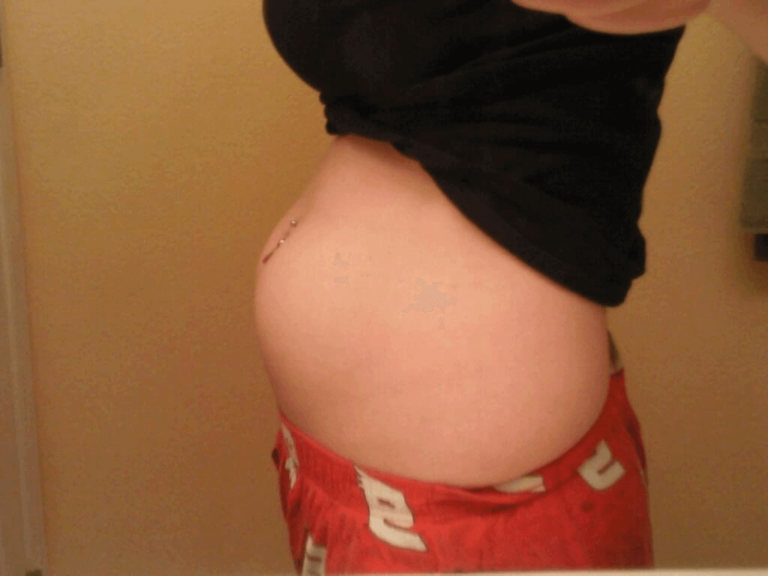Emotional Healing After a Miscarriage: A Comprehensive Guide

Introduction
We deeply sympathize with your loss and want you to know that you’re not alone. Miscarriage is a profound experience that affects many women worldwide. It’s crucial to recognize that this is not your fault and to allow yourself the time and space needed to heal, both physically and emotionally.
Emotions After a Miscarriage
Experiencing a miscarriage often leads to an overwhelming array of emotions. These can include:
- Numbness and Disbelief: Initially, you might find it hard to accept what has happened.
- Anger and Guilt: You might direct anger at yourself, your partner, or even your healthcare providers. Feelings of guilt are common, but it’s important to remember that a miscarriage is often beyond anyone’s control.
- Sadness and Depression: A deep sense of loss and sadness is natural, and it might lead to depression.
- Physical Symptoms: Emotional distress can manifest physically through fatigue, trouble sleeping, loss of appetite, and frequent crying.
The Grieving Process
The grieving process after a miscarriage typically involves three stages:
- Shock and Denial: This stage is characterized by disbelief and denial of the loss.
- Anger, Guilt, and Depression: You might feel intense emotions and struggle with feelings of guilt and unfairness.
- Acceptance: Gradually, you start to come to terms with the loss and find ways to cope.
Also read: Understanding Symptoms And Signs Of Miscarriage
Coping Strategies
Here are some strategies to help you cope with your loss:
- Talk to Someone: Reach out to a trusted friend, counselor, or spiritual advisor.
- Express Your Emotions: Writing in a journal, creating art, or talking about your feelings can help.
- Join a Support Group: Connecting with others who have experienced similar losses can provide comfort and understanding.
How Men and Women Grieve Differently
Men and women often grieve differently. Women tend to be more expressive and seek support, while men might focus on problem-solving and may appear less affected. Recognize and respect these differences, and maintain open communication to support each other.
Healing and Moving Forward
Healing from a miscarriage involves acknowledging your grief and taking steps to care for yourself:
- Respect Your Emotions: Allow yourself to feel and process your emotions without judgment.
- Seek Professional Help: If you feel overwhelmed, consider speaking to a counselor or therapist.
- Remember Your Baby: Finding ways to honor your baby, such as planting a tree or creating a memorial, can be a meaningful part of the healing process.
Conclusion
Healing after a miscarriage is a personal journey that takes time. Be kind to yourself and seek the support you need. Remember, it’s okay to feel joy and sadness simultaneously, and finding a balance between them is a part of the healing process.
For more information and support, visit American Pregnancy Association or Mayo Clinic.
Also read: Dealing With Fetal Growth Restriction (FGR): A Personal Experience And Comprehensive Guide






